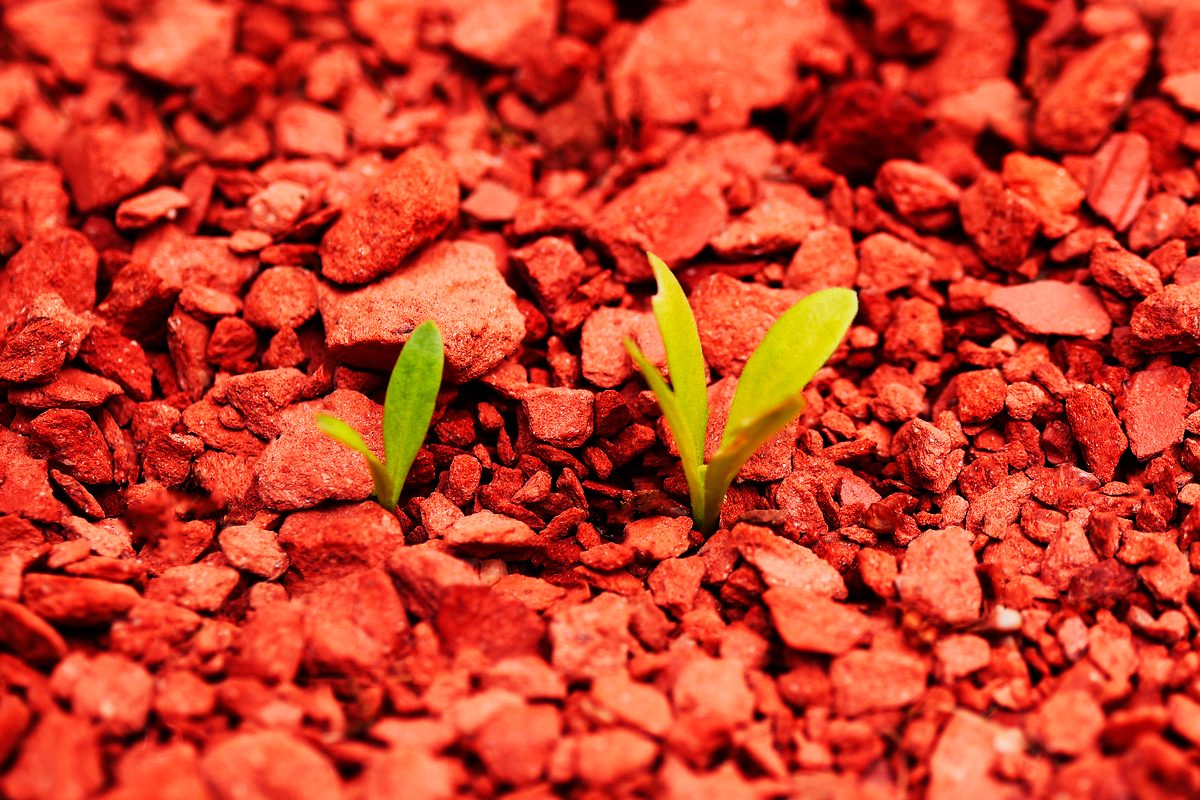Is it possible to terraform the planet Mars, turning it from a barren, hostile wasteland into a world fit for human habitation?
As NASA’s Artemis missions – seen as a stepping stone to eventually landing human feet on Mars – are ramping up,…

Is it possible to terraform the planet Mars, turning it from a barren, hostile wasteland into a world fit for human habitation?
As NASA’s Artemis missions – seen as a stepping stone to eventually landing human feet on Mars – are ramping up,…